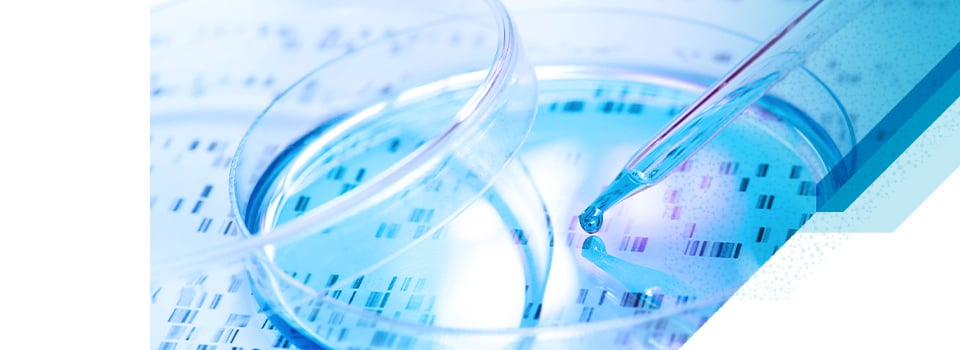
Early Hit-to-Lead ADME Screening Bundle
Bundled screening assays to accelerate candidate selection in drug discovery
Early Hit-to-Lead ADME Screening Bundle
Bundled screening assays to accelerate candidate selection in drug discovery

ADME / DMPK Services
In Vitro Screening
Early Hit-to-Lead ADME Screening Bundle
High Throughput ADME Services
In Vitro Metabolism
Assessing Drug-Drug Interaction Testing Risks
Metabolite Identification and Profiling
ADME Assays & Metabolite Profiling
Validated Assays
Bioanalytical & ADME Assays and Services List
In vitro ADME screening during the lead optimization stage of drug discovery positively impacts drug candidate selection with an enhanced probability of success in clinical trials. Since most new drug candidates fail during preclinical and clinical development, and the late stage of the drug development cycle can be a lengthy and costly process, any means of identifying drug candidates with optimized ADME and pharmacokinetics properties in the discovery stage will have a significant impact on the drug discovery process overall.
Focused on Solutions to Address Drug Metabolism and Pharmacokinetics (DMPK) Issues and to Enable the Success of Our Clients
Our scientists provide a range of DMPK services, routinely conducting industry standard in vitro metabolism and DDI-based assays, including highly automated ADME in vitro screens. We can help drive your discovery phase structure activity relationship (SAR) by optimizing for ADME properties, in parallel to your receptor binding potency and selectivity, for more rapid identification of high quality drug candidates.
Metabolic stability, risk assessment for inhibiting key Cytochrome P450 enzymes, and cell permeability are three main early hit-to-lead ADME screening assays that all new chemical entities (NCEs) are tested for in the industry in effort to optimize key ADME properties.
In Vitro ADME Screening Services: Early Hit-to-Lead ADME Screening Bundle
| Intrinsic Clearance Assay in Liver Microsomes | |
|---|---|
|
|
| CYP Single Concentration Cocktail Assay (CYP 2C9, 2D6, 3A4) | |
|---|---|
|
|
| MDCK II Bi-directional Permeability Assay | |
|---|---|
|
|
About Q2 Solutions Bioanalytical and ADME Services
Liquid chromatography–mass spectrometry (LC/MS) and ImmunoAffinity-LC/MS services
For the quantitative determination of small molecule, peptide and macromolecule therapeutics in support of pharmacokinetic (PK) studies.
In vitro ADME assays and metabolite identification services
including permeability, metabolic stability, metabolite identification (cold & radiolabeled), and in vitro drug-drug interaction risk assessment, ranging from highly automated discovery screening platforms to definitive development studies that enable regulatory submission.
Immunoassay services
Including quantitative determination of large molecule therapeutics using ligand binding assays technologies in support of pharmacokinetic (PK) studies and immunogenicity assays assessments for pre-clinical and clinical studies including tier based approaches, neutralizing assays, and isotyping assays.
Fit-for-purpose biomarker services
ncluding quantitative determination of large molecule therapeutics using ligand binding assays technologies in support of pharmacokinetic (PK) studies and immunogenicity assays assessments for pre-clinical and clinical studies including tier based approaches, neutralizing assays, and isotyping assays.
>750,000 in vitro screening samples analyzed in the past year








